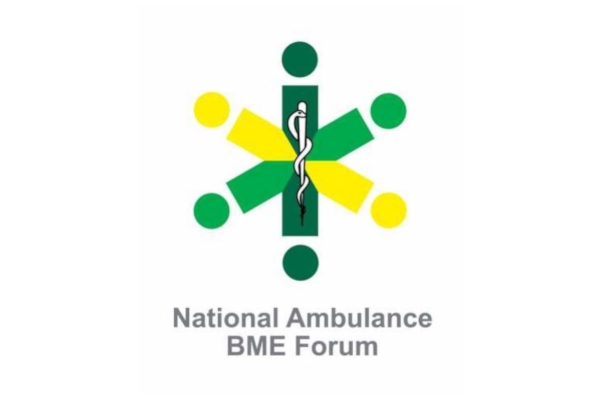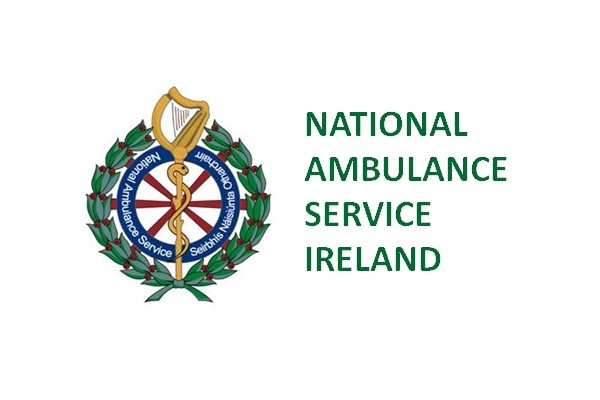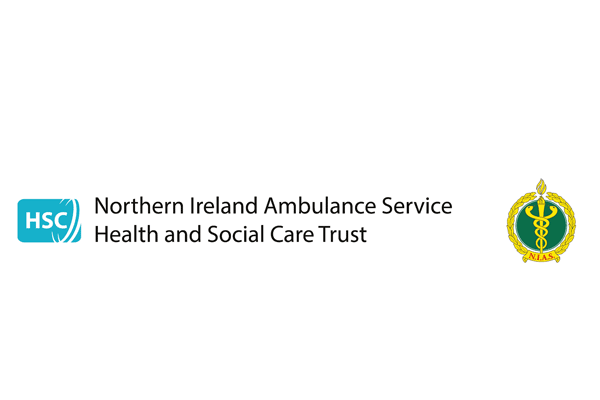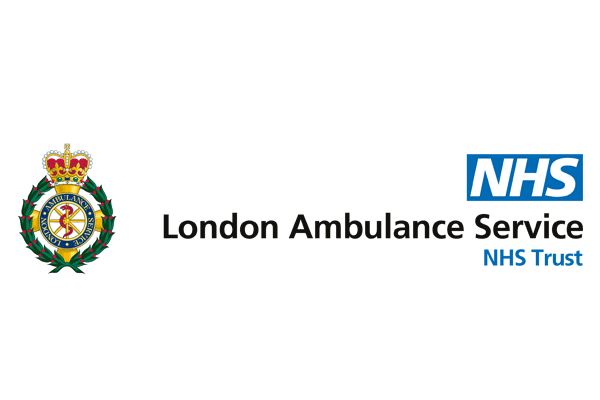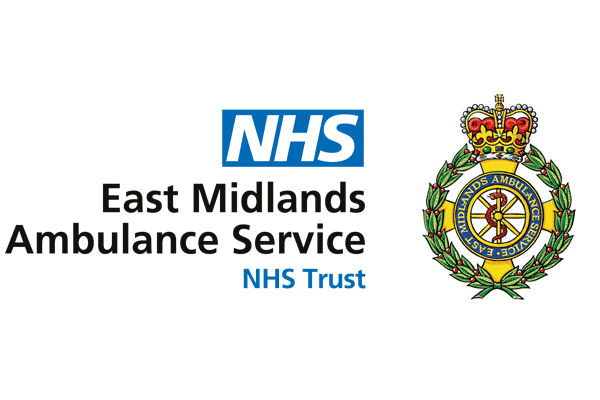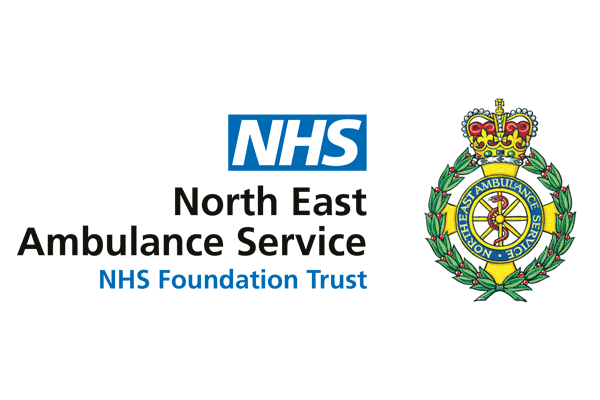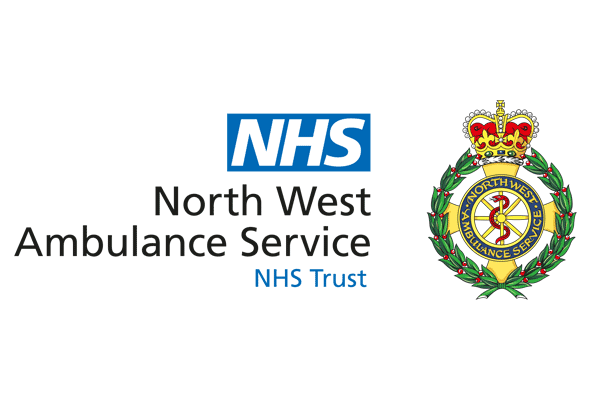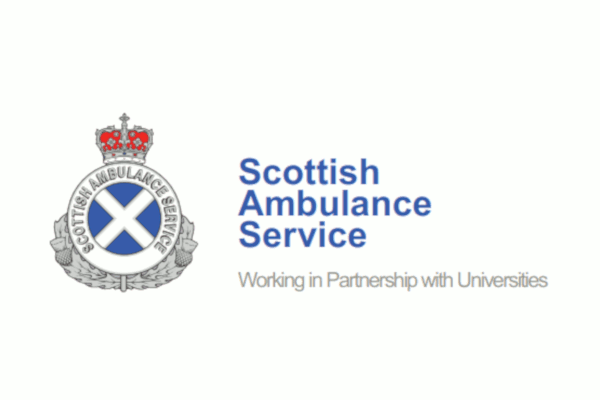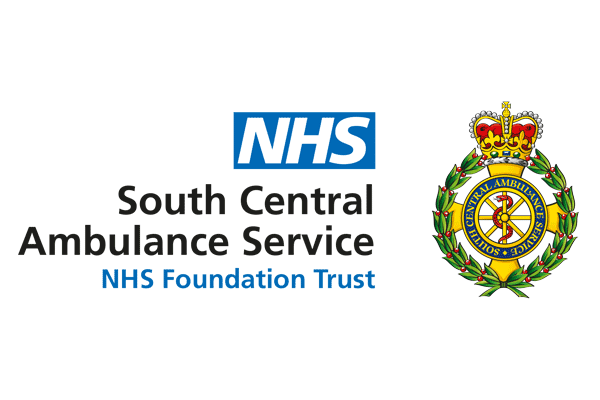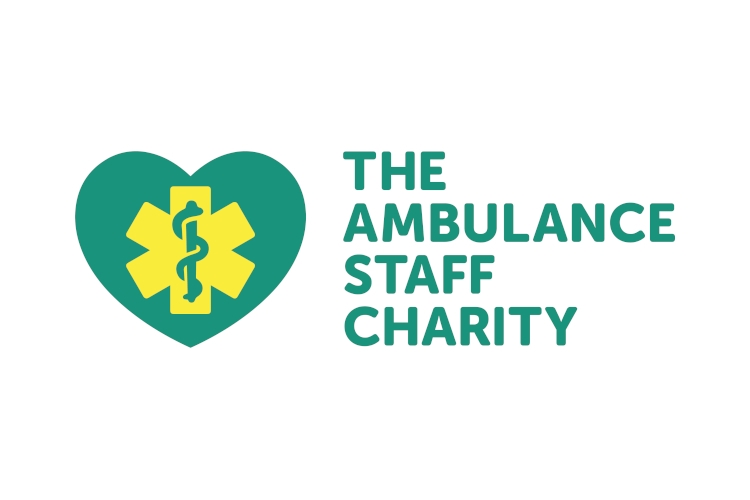The Association of Ambulance Chief Executives (AACE) has published a new report charting the major increase in the frequency and length of hospital handover delays over the past ten years, calling for an even greater focus on improvements that will reduce and eradicate delays, prevent more patients from coming to significant harm and stop the drain on vital ambulance resources.
The report, ‘Taking Stock: Assessing patient handover delays a decade after Zero Tolerance,’ compares handover delays today with those over the past decade, when AACE and the NHS Confederation collaborated to produce a joint report entitled, ‘Zero tolerance: Making ambulance handover delays a thing of the past’ (2012) and reveals starkly how the concerns that provoked the original Zero Tolerance report have been completely eclipsed by ‘staggering’ rises in handover delays over the past decade.
The new report reveals:
- In 2011, around 20% of handovers were exceeding the expected 15-minute target, with delays over an hour seldom.
- In 2017-18, 53% of handovers were taking longer than 15 minutes and 3% were taking longer than an hour, with patients waiting in the back of ambulances or in corridors, before they were being accepted into the care of their local hospital.
- In 2021-22, 61% of handovers were taking longer than 15 minutes and 8% were taking longer than an hour.
- In 2022-23, 68% of all hospital handovers throughout the NHS were taking longer than 15 minutes and 14% were taking longer than an hour, with many stretching for several hours, causing much harm to patients and damage to the wellbeing of the ambulance crews caring for them.
AACE Managing Director, Martin Flaherty OBE QAM, said:
While we wholeheartedly welcome the priority focus politicians, the Department of Health & Social Care and NHS England have placed on handover delays during the past year – and we have seen significant improvements in some areas as a result – it is clear from the data that we remain in a precarious position.
There is subsequently no room for complacency and considerable work for us all to continue to do to prevent handover delays, including in the devolved regions where there is also significant variation.
The situation a decade ago was highly concerning, with a fifth of handovers taking longer than 15 minutes yet today that figure is more than two-thirds, with delays beyond an hour almost unheard of in 2011 yet now up to 14% of all handovers.
AACE has made it a key priority in recent years to ensure that the significant problems caused by handover delays are articulated clearly so that those who are able to help find solutions to this system-wide issue can do so with the firm support afforded by the whole UK ambulance sector and the positive approach to new initiatives it brings.
As part of this work, in November 2021 AACE released the results of its clinician-led review of 500 A&E patients across the UK (‘Delayed hospital handovers: Impact assessment of patient harm’) each of whom had experienced handover delays of one-hour or longer. These results quantified the widely understood (but largely unmeasured) reality that the longer patients wait in an ambulance as part of the handover process, the greater the risk of them experiencing additional, sometimes serious harm – and even death.
Since then, AACE has issued monthly reports detailing handover delay volumes and their impact, using this insight to engage with regulators, practitioners, sector representatives, staff and patients – as well as the media.
AACE has also focused firmly on best practice and has used its voice to champion individual hospitals where longer delays are a fraction of the national average, working alongside them and NHS England to understand how this has been achieved. As a result, AACE now routinely publishes case studies outlining the most successful initiatives.
Says Martin Flaherty:
This problem is not intractable, and through our case studies we have demonstrated that in areas where there is a strong leadership focus and true system-wide support, handovers can be managed effectively, despite the significant pressures and constraints our health systems are under, but we must see more demonstrations of excellent leadership to get to that point across the country.



